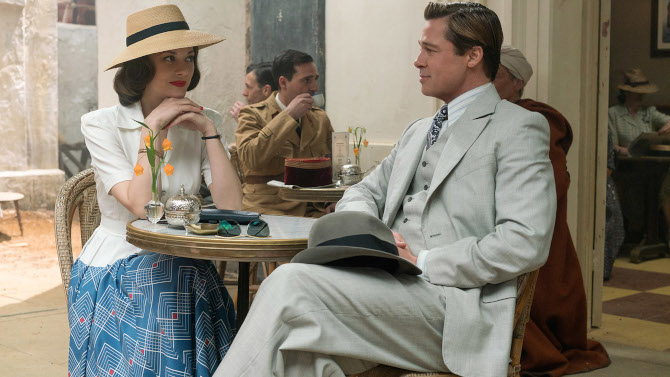
Déjà vu Dalliance
Channeling the mesmeric movies churned out by the studio system back in the 1930s and 40s, Allied (2016), directed by Robert Zemeckis, channels the likes of Morocco, Casablanca, Across the Pacific, Gilda, To Have and Have Not, and numerous others – attempting to find a spark from the classic themes of melodrama, romance, suspense and the epic nature of the annals of the cinematic past, with quite successful results. Set the year Casablanca and Across the Pacific were released – 1942, the story in fact starts in Morocco, with recently parachuted in Canadian spy Max Vatan (Brad Pitt) meeting up with another undercover agent, Marianne Beauséjour (Marion Cotillard), who will be pretending to be his wife.
-
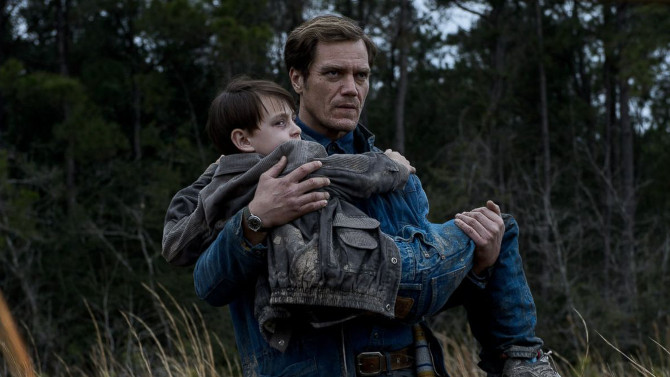
Midnight Ramblers
Midnight SpecialJanuary 27, 2017Revelling in the mysterious aura that it builds, Jeff Nichols’ Midnight Special is a love letter to the science fiction films of the 1970s and 80s. Bringing to mind motion pictures like Close Encounters of the Third Kind and E.T. The Extra-Terrestrial, the story begins in earnest as we join Roy (Michael Shannon) and Lucas (Joel Edgerton) – the pair have kidnapped Roy’s son Alton (Jaeden Lieberher) and are now being chased by a number of spooks. Roy has nabbed the boy out of the long clutches of his adoptive father, Calvin Meyer (Sam Shepard), the leader of The Ranch – a cultish group of religious individuals who have spun their lives around the happenings of the mystifying Alton. Meyer has sent two of his most trusted underlings to recapture the boy.
-
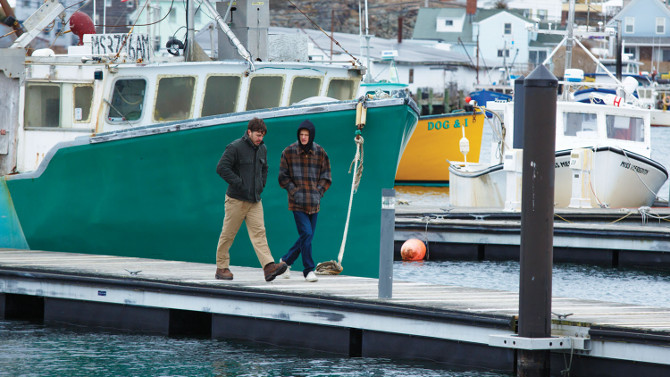
Dealing with Seasickness
Manchester by the SeaJanuary 22, 2017Utilizing the same name as the quaint village in which it is set, Manchester by the Sea depicts the lives of a family struggling with the recent death of a father and brother. The story follows Lee Chandler (Casey Affleck), a man wallowing in a morass of pain, sorrow and apathy. The quiet, introverted gent works as a handyman in Quincy, Massachusetts, though soon gets a call that his brother Joe (Kyle Chandler) is in the hospital. Rushing to Manchester, with its clapboard houses and brisk, windy, wintery weather, he is too late. Having the unenviable task of tracking down his nephew Patrick (Lucas Hedges) to tell him the dispiriting news (he finds him at hockey practice), he soon discovers that his brother has left him in charge of raising the sixteen year old. While in the picturesque locale, people point, stare, whisper and snarl at the former resident (a mystery that will, in its own fine time, be revealed).
-
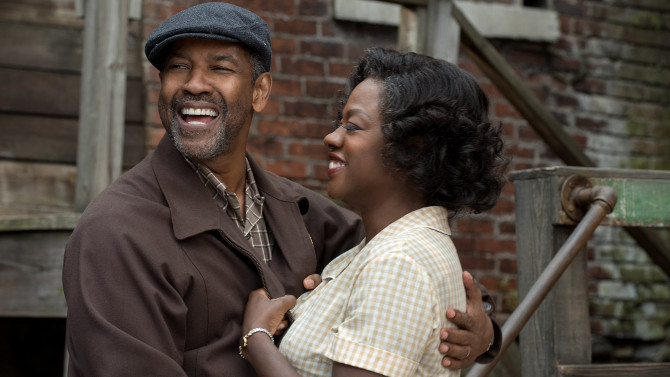
Don’t Let This Fence Keep You Out
FencesJanuary 21, 2017Based upon a stage play, Denzel Washington utilizes August Wilson’s adaptation of his own drama Fences to tell an engrossing story of an African American family growing up in the 1950s. Both literal and figurative, Troy Maxson (Washington) is building a fence in his backyard, though it is also a symbolic barrier placed up to guard against his own projections of the impending Grim Reaper (fighting off a serious case of pneumonia, aka. Death, at a young age, he is constantly vigilant for his return – though not afraid in the least). He enjoys the chess match that they play over time. It is also a powerful allegory for the walls he builds between himself and different members of his family. On the opposite spectrum, it is also a way for his wife Rose (Viola Davis) to put up something that will protect her family, keeping them safe on the inside, while keeping unwanted dangers at bay.
-
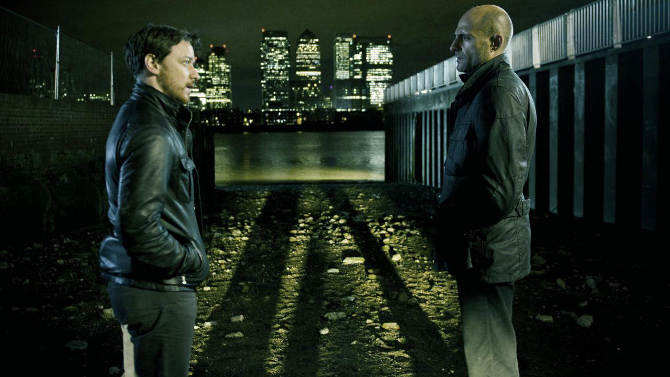
A Knockout Punch
Welcome to the PunchJanuary 15, 2017Filmed with visual panache, Eran Creevy’s Welcome to the Punch gives London a cold, austere blue hue, helping depict a complicated, crime-filled world. Our lead is officer Max Lewinsky (James McAvoy), a man who is haunted by a mistake made in his past. Nearly catching notorious criminal Jacob Sternwood (Mark Strong), instead, he finds himself with a bullet in his leg and then reprimanded for disobeying orders. Now a shell of his former self, he has lost the fire that once drove him, trudging through life in a haze of pain and apathy. Paired with a partner, Sarah Hawks (Andrea Riseborough), who has the drive that he once had, she is constantly fighting his indifference.
-
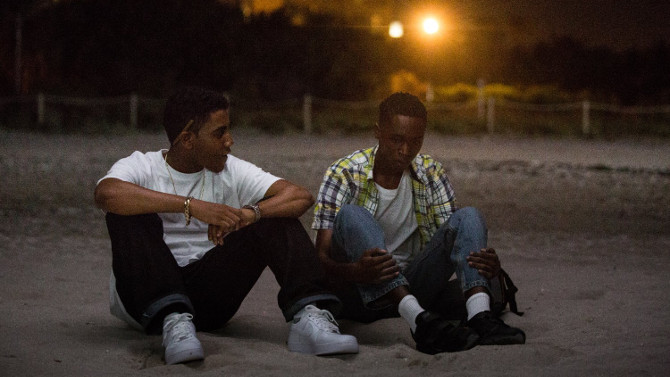
Moonlight Sonata
MoonlightJanuary 8, 2017Moonlight, one of the most lauded films of the year 2016, depicts a world that feels near inescapable. Set in an impoverished neighbourhood in Miami, our protagonist, a confused, introverted, gay African American boy named Chiron, is trapped in a world where his mother is a crack addict, his role model is the one selling the drugs to her, and he is brutally bullied for not fitting the mould. The film is broken up into three parts, ‘Little’, ‘Chiron’ and ‘Black’, each a name and iteration of the main character’s life. ‘Little’ (Alex Hibbert) is a shy young boy, introverted and different from those energetic, bombastic kids around him. His mother, Paula (Naomie Harris), is a verbally abusive single mother (though she has moments of maternal caring), stuck in an endless cycle of drug abuse. With no father at home, Little gravitates toward Juan (Mahershala Ali), as well as his girlfriend Teresa (Janelle Monáe). Juan is a drug dealer in charge of those selling on the street corners of the ghetto. A complex figure, he sees that the boy is different and truly wants to give him a hand up, yet is a huge part of the problem. Quiet moments of mentorship and advice abound, like when Little says he hates his mother. Juan, simply states "I bet you do. I hated my mom too. Miss her like hell now, though."
-
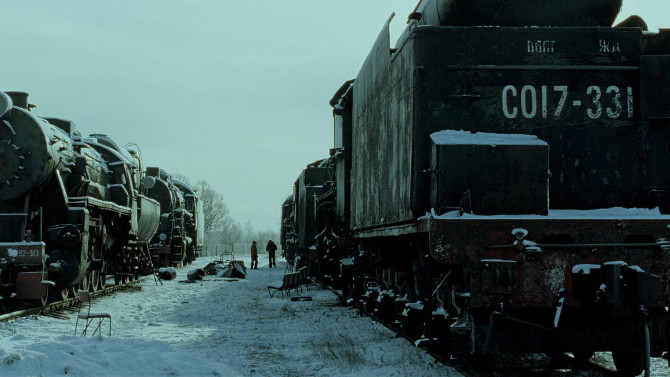
Run Off the Rails
TranssiberianJanuary 6, 2017A perfect film to watch as you hunker down on a cold, blustery winter’s night, 2008's Transsiberian, directed by Brad Anderson (The Machinist) follows a married American couple, Roy (Woody Harrelson) and Jessie (Emily Mortimer), as they take the Trans-Siberian Railway from Beijing, through Siberia, and ending in Moscow. A taut, tense traditional thriller, the couple, despite their recent charitable efforts (helping needy children in China), are having some relationship issues. With opposite pasts, Roy is an excitable, boyish man who has lived a good life, while his wife has been running from her demons, finally finding some semblance of normalcy after meeting him (they were thrown together by way of a serious car accident). At one point, Jessie ominously utters "kill off all my demons, Roy, and my angels might die, too" – a complicated warning for her do-gooder husband.
